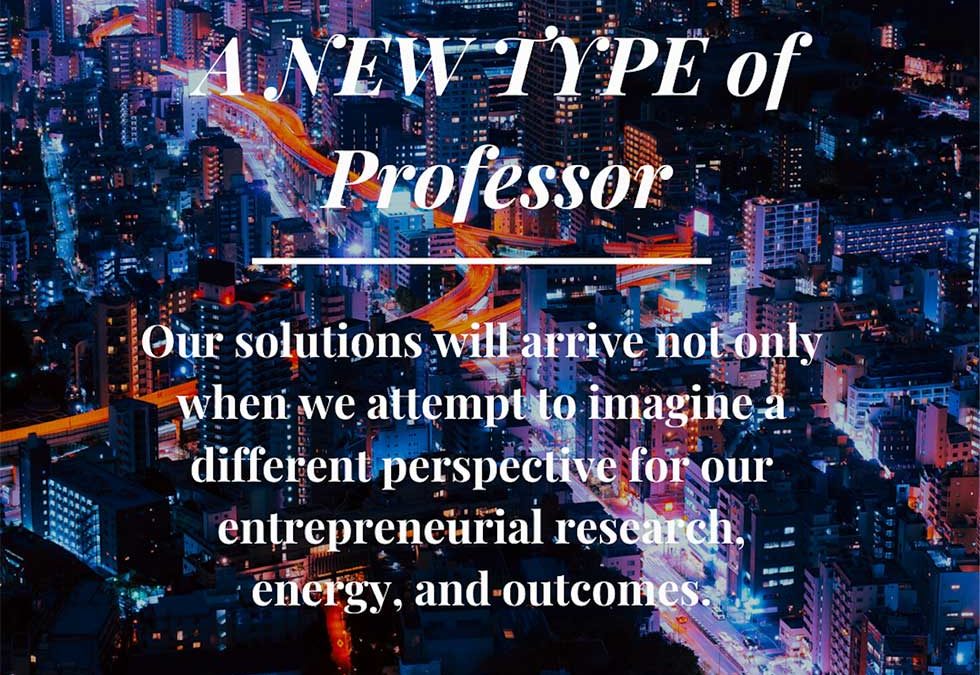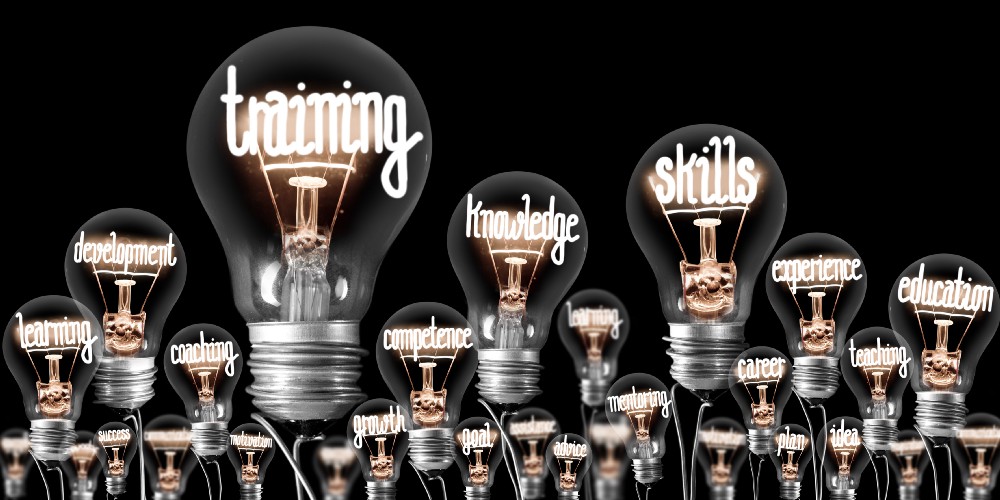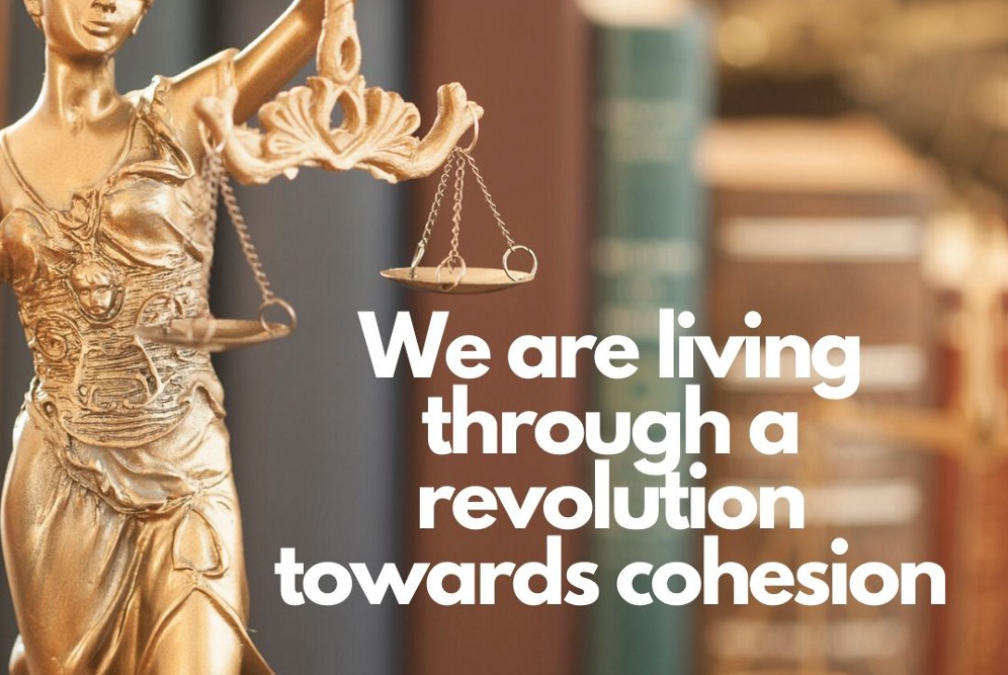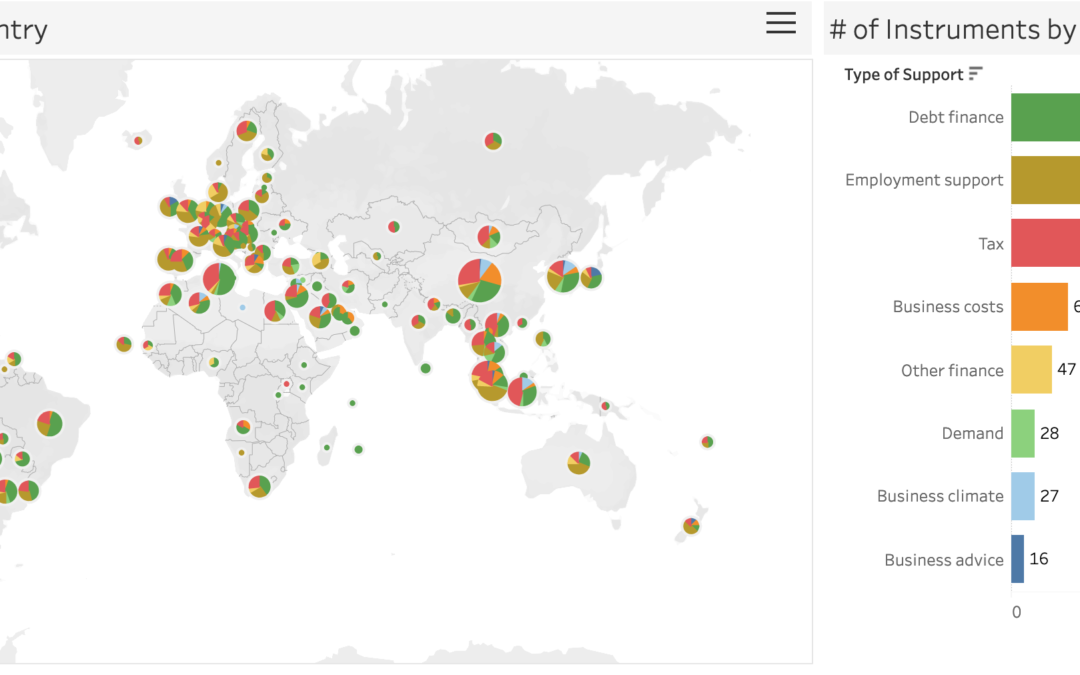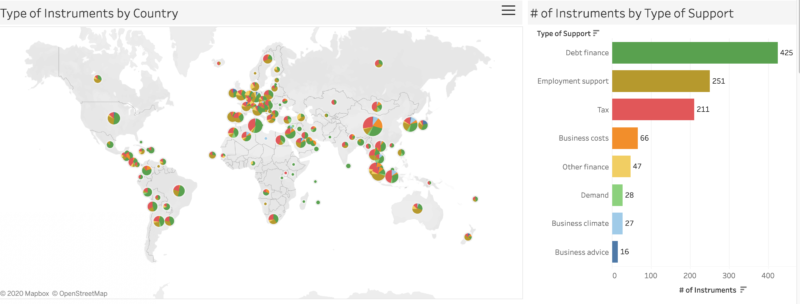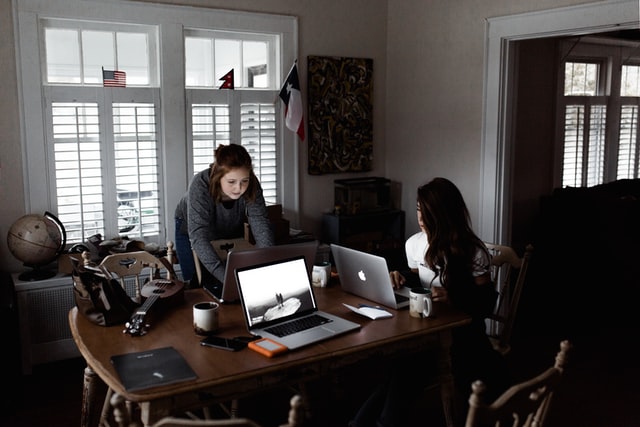
Full Uncertainty That Is Our Certainty
Full Uncertainty That Is Our Certainty
Saturday, June, 20, 2020 By Dr. Ayman El Tarabishy
We need to ensure that the entrepreneurial base grows and that the jobs become more diverse
In acknowledging the global changes due to the unforeseen events over the past few months, Prince Constantijn van Oranje spoke about the societal and economic shifts that have taken place resulting from the COVID-19 pandemic. Having been personally and professionally affected, Prince Constantijn holds the unique perspective in seeing both the positive outcomes and painful truths that these past few months have revealed. In responding to the onset of the lockdown and the COVID-19 pandemic, Prince Constantijn and his team immediately saw the need to “pivot” their strategy. Upon the crisis’ onset, they surveyed the startup ecosystem to be able to see clearly and more fully understand the ecosystem’s needs and its views of the perceived economic and financial impact that the pandemic and shut down would likely produce. Thanks to this work, Prince Constantijn and his team were then in a “position to negotiate a loan package with the government for the startup community.” This was an incredible move-in protecting the Netherlands ecosystem as startups are not typically included in government aid packages. Additionally, on an organizational level, the external stressors over the past few months have been a loud and sounding wake up call to “refocus our organizations.”
In recognizing that a change or shift in one city or region can have a butterfly effect and result in significant changes in a completely different place, we need to realize our true globalized and interconnected nature. Prince Constantijn was asked, as a leader of the tech industry, and Tech Leap.NL, specifically, what had initially attracted him to this industry. In his response, Prince Constantijn admitted that scale-up is most likely the toughest part of the business. To be continually fighting and forever entering into new spaces, building a scale-up was, personally, not for him. However, he has found his place working with people that do have this enthusiasm and passion for working to improve the world. He finds it incredibly stimulating to be working with so many who embody a “can do” and, further, will do attitude.
In leading this sector, however, Prince Constantijn van Oranje has seen incredible success as the Netherlands continues to be one of the fastest-growing startup hubs in Europe. More specifically, Winslow Sargeant provided some data to portray the Netherlands’ success, recalling that they are the “#1 developer of capital in Europe, #4 best country for business, and #1 best-connected economy in the world.” When asked to share his best practices or those that he has seen, Prince Constantijn described that the success born out of the Netherlands is thanks to the well-established and built ecosystem in the Netherlands, which has high levels of healthcare, education, widespread bilingualism, higher education, and necessary infrastructure. Besides the work that by the government, the culture amongst Dutch people leads to the constant questioning of authority, which assists in creating a culture of innovation. This, coupled with the number of multilevel international organizations in the Netherlands, the nation began in an excellent position. Being a smaller country with universal broadband capabilities, the Netherlands’ real secret is that the essential “innovation is in the people.” We have seen this exemplified by the way that societies have integrated the technology to change healthcare, education, and work practices because now there is a significant pressure to make these transitions happen.
If innovation truly does originate in the person, and most trends point to its accuracy, then we need to question, “Do startups need governments.” The answer may have changed from before COVID-19 to now. However, we can see that the government does indeed have a role to play. We saw how the virus disproportionately affected those who were already in a vulnerable and disadvantaged state. COVID-19 has shown us that the government has an important role to play in a crisis. Governments work as a type of last resort lender, who must provide specific schemes to ensure that people are paid. However, there is a precise balance to strike in that the government needs to be proactive, while not being too restrictive, to enhance the opportunity for new solutions, founded in a flexible system. Governments, additionally, can have a mindset of innovation and entrepreneurship, which will motivate them to invest in education, research, and innovative development.
If governments genuinely begin investing in funding and encouraging entrepreneurs, we need to think about how this will change national ecosystems, and then, in turn, how it might affect our preconceived ideas or beliefs about globalization. As the movement towards resilient supply chains and autonomy takes form, no one seems to be sure of how this will translate into a globalized system. However, we are confident that companies need to build alternatives to their complex supply chains, which fail in the face of disruption. Even governments that are used to outsourcing all their manufacturing have been unable to access critical equipment. Prince Constantijn points out that we have all become “more aware that the optimization of supply chains has its risks,” therefore, in the future we might see more strategic moves as companies weigh efficiency over the robustness of supply chains.
Resulting from these disruptions, however, individual companies and industries were able to demonstrate incredible resiliency as they pulled together and shifted to produce what was most necessary for society, which not surprisingly equated with what was most essential for humanity. It is entrepreneurship that lives at the heart of these trends of adaptability and innovation. Today, anyone can engage with entrepreneurship. As we see, technology hubs spread throughout the world; startups are popping up in places that have been typically excluded from substantial monetary gains, quality job creation, and decision-making processes in the past. However, now, people can create a business with a simple connection to the internet, which is changing everything.
This movement towards investment in entrepreneurship must come with an investment towards expanding the invitation of those who are typically working within the tech sector. Currently, the tech world is very white and male, therefore, now that more people can engage with this sector, we must be sure to generate the conditions so that the non-white and non-male identities can feel empowered to unleash their potential within this sector. Governments can play an additional role in opening up this conversation and establishing a culture of acceptance, invitation, and equitable policy. Prince Constantijn reflected on these questions asking, “How do we make the tech ecosystem more diverse?” and “Why do certain groups not feel empowered to be entrepreneurs?” Noting the apparent bias also amongst investors, Prince Constantijn continues to ask, “How do we ensure that the entrepreneurial base grows and that the jobs become more diverse?” Betting on diversity “as a force for good,” we can see clearly that our customer base is more diverse, so why not look to represent that diversity, in talent, skill, background, and orientation.
For Prince Constantijn van Oranje, the logic is simple: we must integrate entrepreneurship into our culture. In demystifying the tech sector, we can start to change people’s perceptions to see the opportunity and possible gains that entrepreneurship presents instead of solely the risks. In destigmatizing failure, we might be able to create a vibrant ecosystem, or “set of interrelated actors providing tech, money, talent, and market entry.” As COVID-19 worked as an “incredible triage,” businesses worldwide are deciding whether they want to stay at their size or make a leap forward. For many, that will involve entering the online market, which presents many possibilities. Unfortunately for companies that are not willing to continue forward, many will not survive.
In his closing remarks, Prince Constantijn van Oranje states that “the only thing you know is that you have full uncertainty, that’s your certainty.” In moving forward, hope is not the solution, but rather it is a mental guide that helps us move forward. In thinking about the approaching MSMEs Day, we can see the wonderful organizations and businesses that have come out of crises, the United Nations presenting as a great example. In his final words, Prince Constantjin reminds us that there will always be people who stand up to make a change, and right now, that change-maker could be anyone.
Thank you, Prince Constantijn van Oranje for your incredible presentation and sharing your time with us. For those interested in watching the full video, check it out below. We look forward to continuing this discussion at the MSMEs Day 2020 June 25th Celebration and June 27th Day of Action.


